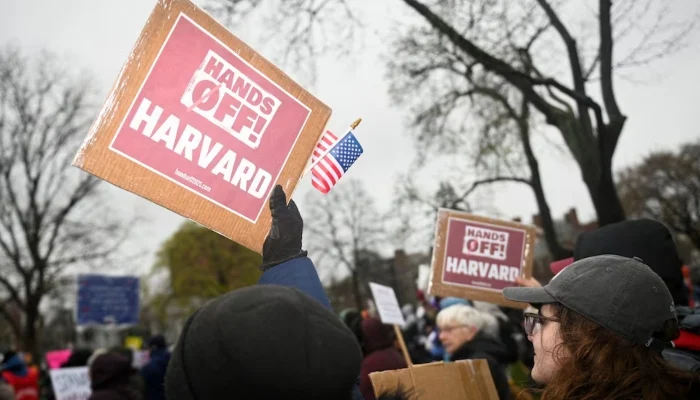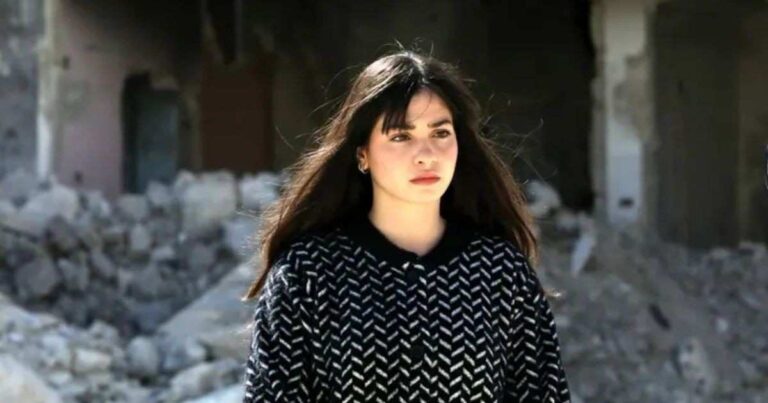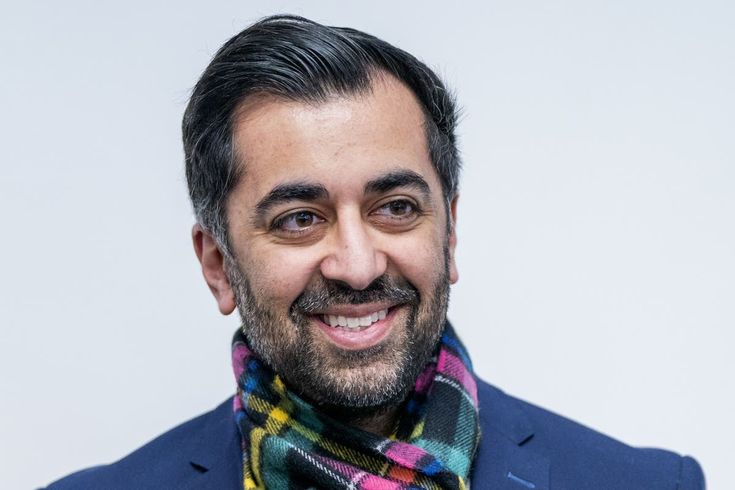US Woman Says ChatGPT Helped Detect Hidden Cancer After Doctors Misdiagnosed Her Symptoms
In a remarkable and emotional revelation, a 40-year-old woman from the United States has claimed that ChatGPT — the artificial intelligence tool developed by OpenAI — helped her detect a hidden cancer that was repeatedly missed by medical professionals.
For Latest About J&K Please Join Us At WhatsApp
A Mysterious Illness and Repeated Misdiagnoses
Lauren Benen had been experiencing unusual and distressing symptoms for some time. She reported rapid weight loss, persistent stomach pain, and general discomfort — symptoms serious enough to warrant medical attention. Concerned, she consulted her doctors, expecting a clear diagnosis and treatment plan.
However, instead of answers, Lauren said she was sent on a frustrating medical journey filled with vague and incorrect diagnoses. “They told me it could be arthritis or just a gastrointestinal issue,” she told Fox News. Despite her worsening condition, no definitive cause was found, and she felt increasingly helpless.
“I kept going back, hoping for someone to connect the dots. But they just kept circling around the same answers,” Lauren said.
Turning to AI for Help
Feeling dismissed and desperate, Lauren decided to try something unconventional — she turned to ChatGPT. She entered her symptoms into the AI tool, hoping for insight or at least a fresh perspective.
To her surprise, ChatGPT suggested a possible diagnosis of Hashimoto’s thyroiditis, an autoimmune disease that can, in some cases, be connected to thyroid cancer. Even though she had no family history of the condition, and lacked some of the common symptoms (like fatigue), ChatGPT’s suggestion struck a chord.
It also recommended that she undergo a thyroid test, something that had not been considered up to that point.
The Shocking Diagnosis
Following ChatGPT’s suggestion, Lauren pushed for further tests, despite initial resistance from her doctors. Eventually, she underwent an ultrasound and biopsy that revealed two small nodules in her neck. Lab results confirmed the worst: both nodules were cancerous.
“If I hadn’t listened to ChatGPT, the cancer would have kept spreading silently. It literally saved my life,” Lauren said.
Her case highlights a chilling possibility — how easily serious conditions can be overlooked, and how AI tools may assist in complex diagnosis, especially when patients feel unheard.
“I Wasn’t Being Taken Seriously”
Lauren’s story is not just about a health scare; it’s also about the emotional burden of being dismissed. She explained that doctors initially refused to test for thyroid problems, telling her the condition was unlikely since she had no family history and didn’t fit the typical profile.
“I didn’t even feel tired, which is common in thyroid issues. That’s probably why they dismissed it. But it turns out the cancer had already started to grow,” she said.
The Bigger Picture: AI in Healthcare
This incident has sparked discussions about the role AI tools like ChatGPT could play in the future of healthcare. While ChatGPT is not a licensed medical professional, stories like Lauren’s suggest it could serve as a supplementary tool — offering a second opinion, flagging overlooked conditions, or helping patients advocate for their own health.
Medical experts continue to urge caution, however. AI tools should never replace real doctors, they warn, but could be used to support diagnosis and research if used responsibly.
Conclusion
Lauren Benen’s story is one of caution, hope, and curiosity. While it’s a reminder of the limits of modern medicine, it’s also a powerful example of how emerging technologies — when used wisely — can help bridge gaps in patient care.
In Lauren’s words:
“ChatGPT did what doctors couldn’t — it listened.”
You Might Also Like:
Rahul Gandhi to Visit Kashmir Friday After Pahalgam Horror
You Won’t Believe How Much Rebica Khan Earned from Her First TikTok Video
Omar Abdullah Leads All-Party Unity Against Pahalgam Attack, Hails Hero Who Died Saving Tourists






